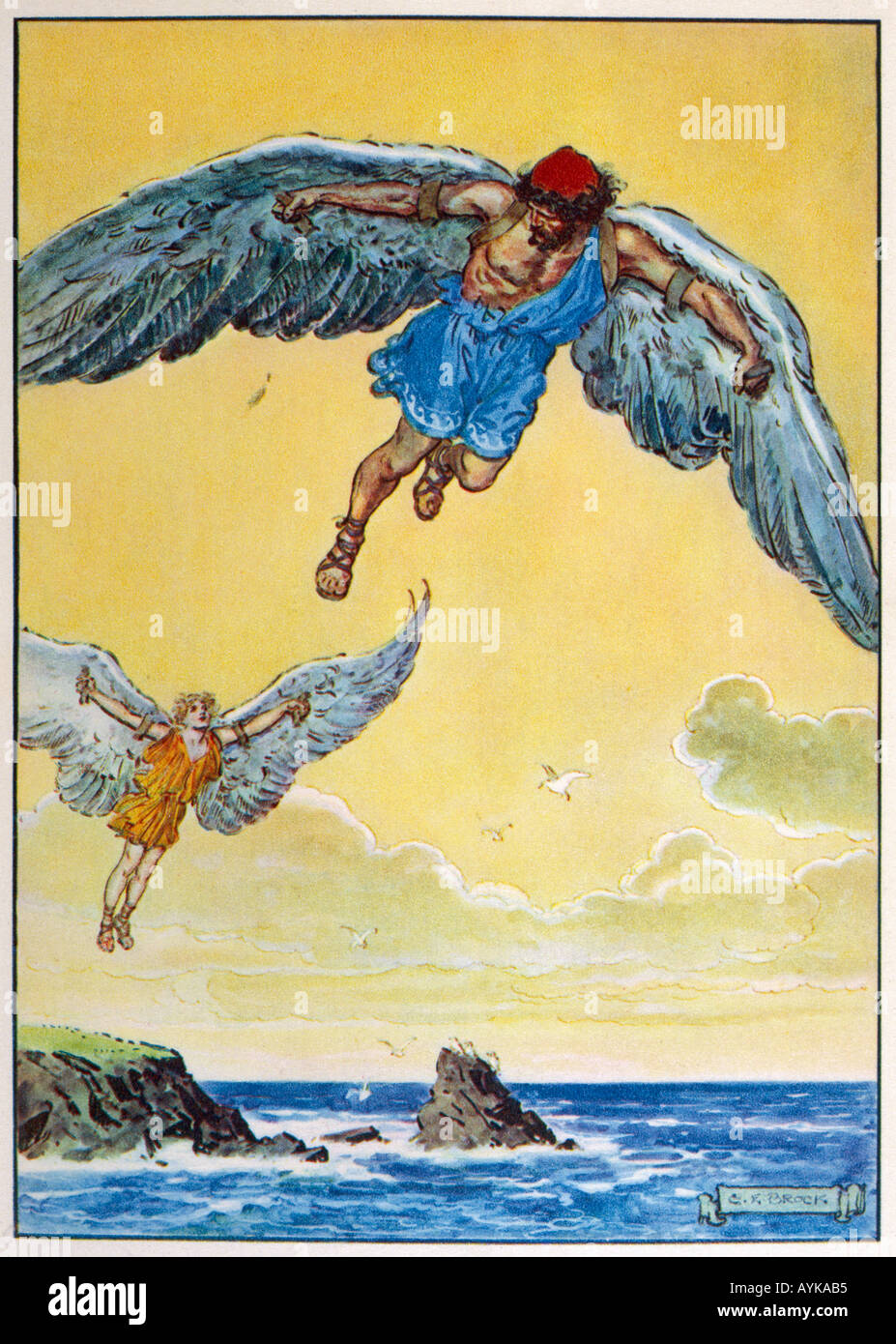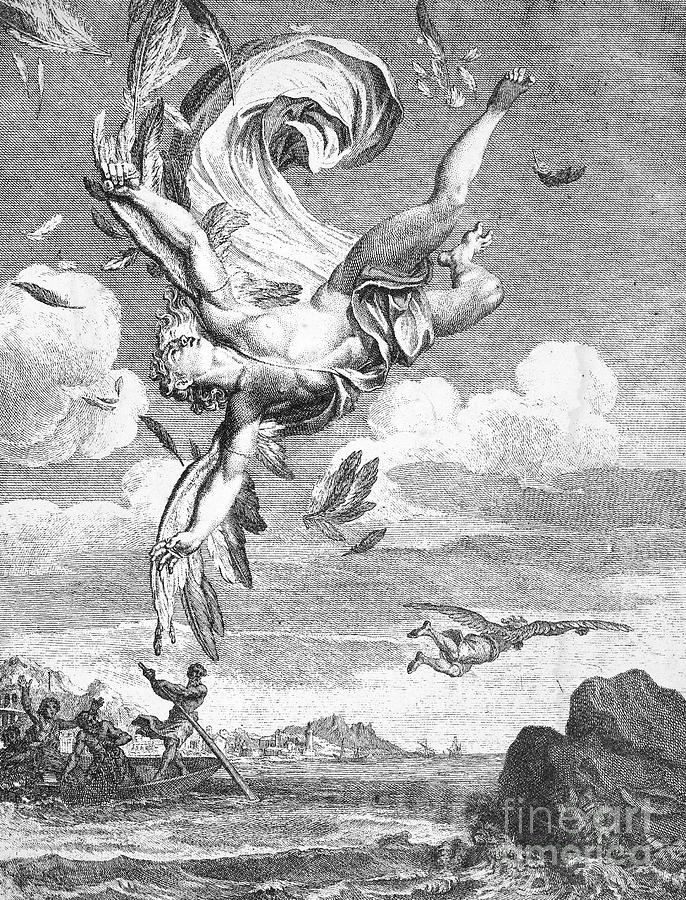

Daedalus Taught His Nephew Poetry and Music, by Clodion, c.1774-1778, Samuel H. Callistratus writes: “Daidalos, if one is to place credence in the Kretan marvel, had the power to construct statues endowed with motion and to compel gold to feel human sensations.” ( Descriptions 8)Ĥ. In one myth, when Heracles the Greek hero, visited Daedalus’ workshop, he smashed one of the statues, deceived by its realism into thinking he was being attacked by a real person. Before the time of Daidalos, you know, the art of making statues had not yet conceived such a thing.” ( Imagines 1.16) Philostratus the Elder describes an artwork depicting Daedalus: “This is the workshop of Daidalos and about it are statues, some with forms blocked out, others in a quite complete state in that they are already stepping forward and give promise of walking about. In Ancient Greek, “ automatos” means “self-acting” and this is because his sculptures were so lifelike that they appeared to be alive. One of the most impressive inventions of Daedalus were his automata.
#DAEDALUS AND ICARUS FULL#
A Fantastic Workshop Full of Automatons Atelier Henri Bouchard in the museum, La Piscine, of Roubaix, France, via Wikmedia Commons An Ingenious Athenian Inventor Daedalus Workshop, by Derrick Higgins, 2010, via Fine Art Americaģ.

Together, the name means “the one who reaches the sky” which aptly reflects Icarus’ soaring flight.Ģ. The second word, “aer” (ἀήρ) means “air, wind, or space”. The first, “heko” (ἥκω) means “to have come,” “to be present,” or “to have reached a point”. The Greek version - Ikaros - is suggested to derive from two Greek words. Similarly, Icarus’ name reflects his role in myth.

This whole range of art has his name, but this does not mean that he himself created all these artworks, but that all these artists created their art in homage to his style.

#DAEDALUS AND ICARUS SERIES#
In fact, there is a series of Greek sculptures that are named the “Daedalic sculptures”. Since the name reflects him so well, the ancient historian Pausanias suggested that Daedalus was not his name at birth but was given to him as an honor later in life. He had many titles such as inventor, architect, and craftsman. Daedalus (or Daidalos) means “skilfully wrought” which alludes to his talent at working with his hands, machinery, carpentry, and with other human tools. The name Daidalos derives from the ancient Greek word δαιδάλλω ( daidallo) meaning “to work cunningly”. Daedalus and Icarus: The Meaning of Their Names Relief of Daedalus and Icarus, date unknown, via Metropolitan Museumĭaedalus is the Latin spelling of the Greek Daidalos. It would appear that, even 2000 years ago, teenagers thought they were invincible.1. The drowned man was carried ashore by the current to the islandĪnd Apollodorus refers to him as infatuated, and draws attention to his disregard for his father's instructions:īut the infatuated Icarus, disregarding his father's injunctions, soared ever higher, till, the glue melting, he fell into the sea called after him Icarian, and perished. The ship of Icarus is said to have overturned, as he was a clumsy helmsman. Similarly, Pausanias speaks of his clumsy navigation: Icarus's fall is a warning about youthful carelessness, and shows the terrible consequences that can bring.ĭiadorus Siculus tells two versions of the story, both of which emphasize the recklessness of Icarus causing his downfall:īut when Icarus was disembarking onto the island in a reckless manner, he fell into the sea and perishedĪs for Icarus, because of the ignorance of youth he made his flight to far aloft and fell into the sea when the wax which held the wings together was melted by the sunĭiodorus Siculus, Library of History, 4.77.6 and 4.77.9 I think we can probably rule out the story being warning against flight, being that no one was building aircraft at the time, or for quite some time thereafter.


 0 kommentar(er)
0 kommentar(er)
